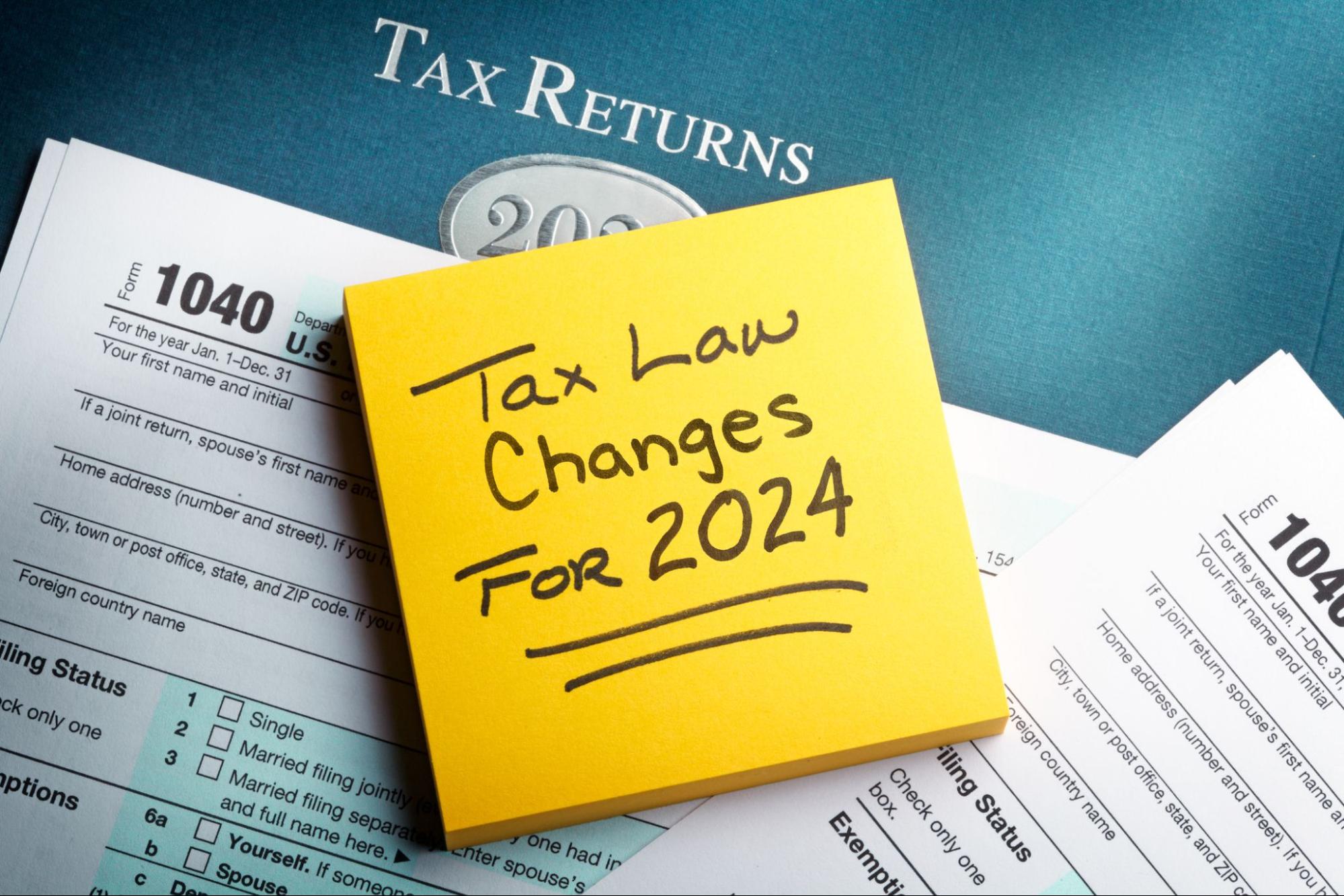As an investor, it is crucial to consider taxes when making investment decisions. By following some top tax tips, you can maximize your investment returns and minimize your tax burden. Here are some tips to keep in mind:
1. Contribute to an IRA
An Individual Retirement Account (IRA) is a tax-advantaged savings account that can help you save for retirement. Depending on your income and tax situation, you may be able to contribute up to $6,000 per year. A Traditional IRA offers tax-deductible contributions, meaning you can lower your taxable income for the year by the amount of your contribution. However, you will pay income taxes on withdrawals in retirement. A Roth IRA, on the other hand, offers tax-free withdrawals in retirement but contributions are made with after-tax dollars.
2. Watch out for K-1 forms
If you invest in a partnership, such as a limited partnership or limited liability company (LLC), you may receive a K-1 form that reports your share of the partnership’s income, deductions, and credits. K-1s can be complex and may require additional reporting on your tax return, so be sure to review them carefully or consult with a tax professional.
3. Add to your self-employed retirement account
If you’re self-employed, setting up a Solo 401(k) or Simplified Employee Pension (SEP) IRA can help you save for retirement while lowering your taxable income. Contributions to these accounts are tax-deductible, and earnings grow tax-free until retirement. With a Solo 401(k), you can contribute up to $58,000 in 2021 if you are under age 50, and up to $64,500 if you are age 50 or older. With a SEP IRA, you can contribute up to 25% of your net earnings, up to a maximum of $58,000 in 2021.
4. Declare your gains and losses from cryptocurrency
If you’ve invested in cryptocurrency, be sure to declare your gains and losses on your tax return. The IRS treats cryptocurrency as property for tax purposes, so capital gains taxes may apply. If you hold cryptocurrency for more than a year before selling, you may be eligible for lower long-term capital gains tax rates.
5. Max out that HSA
If you have a high-deductible health plan, contributing to a Health Savings Account (HSA) can help you save on taxes. HSA contributions are tax-deductible, and withdrawals used for qualified medical expenses are tax-free. In 2022, you can contribute up to $3,650 if you have individual coverage, and up to $7,300 if you have family coverage, plus an additional $1,000 if you are age 55 or older. A family with two spouses over the age of 55 can contribute up to $9,300.
6. Start planning for 2023 taxes
It’s never too early to start planning for next year’s taxes. Consider making estimated tax payments, maximizing your deductions, and adjusting your withholding to avoid any surprises come tax time. A tax professional can help you develop a tax strategy that aligns with your investment goals and overall financial plan.

In conclusion, by following these tax tips, you can optimize your investment strategy to reduce your tax liability and maximize your returns. However, every individual’s tax situation is unique, so it’s always a good idea to consult with a tax professional before making any major investment decisions. At Coastal Tax & Accounting, our experienced team can help you navigate the complex world of investment taxes and make informed decisions that benefit you in the long run. Please reach out to us at 843.549.5561 to book an appointment.



